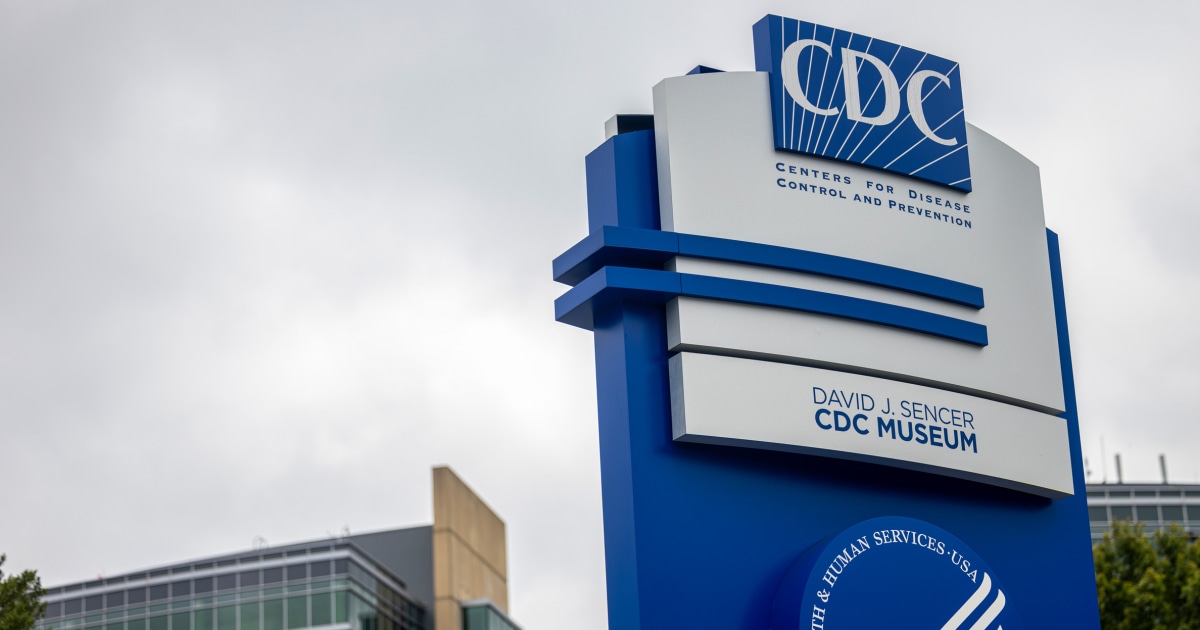CDC Launches Controversial Study on Vaccines and Autism Connection
The recent announcement from the Centers for Disease Control and Prevention (CDC) regarding a new study investigating the long-debunked connection between vaccines and autism has stirred up a considerable amount of debate. This initiative raises essential questions about public health policies, the role of misinformation, and the implications for childhood vaccinations. As the CDC embarks on this controversial study, it is critical to understand the historical context, current landscape, and potential outcomes of this investigation.
Understanding the Historical Context
The notion that vaccines, particularly the MMR (measles, mumps, and rubella) vaccine, are linked to autism originated from a 1998 study published by Andrew Wakefield in the Lancet. This study has since been retracted due to significant ethical violations and fraudulent data. Despite the overwhelming evidence disproving any connection between vaccines and autism, the myth has persisted, fueled largely by misinformation and anecdotal reports. This has led to a decline in vaccination rates in some communities and a resurgence of preventable diseases.
The Current Landscape of Vaccine Perception
As of 2023, the public perception of vaccines remains deeply polarized. On one side, many health experts advocate for vaccination as a critical public health measure, citing the extensive research and data supporting vaccine safety and efficacy. On the other side, a vocal group of parents and activists continues to express concerns about vaccine ingredients and potential side effects, often citing the discredited Wakefield study as a basis for their beliefs.
The CDC’s decision to re-examine the vaccines and autism connection is not without its critics. Many public health advocates argue that revisiting this topic could inadvertently legitimize unfounded fears about vaccines and further entrench vaccine hesitancy. However, others believe that a thorough investigation could help clarify misconceptions and reaffirm the safety of vaccines, ultimately benefiting public health.
The Objectives of the New Study
The CDC’s study aims to assess various aspects of vaccine safety, particularly focusing on childhood immunizations and their potential links to autism spectrum disorders (ASD). The methodology includes:
- Data Analysis: The study will analyze existing health data from children who have received vaccines versus those who have not, looking for any statistically significant differences in autism diagnoses.
- Public Surveys: Surveys will gather parental insights regarding vaccine perceptions and autism concerns, providing qualitative data to complement the quantitative findings.
- Collaboration with Experts: The CDC plans to work with pediatricians, epidemiologists, and autism researchers to ensure a comprehensive approach to the study.
Ultimately, the goal is to produce clear, evidence-based conclusions that can guide public health communications and policy decisions regarding childhood vaccinations.
The Role of Misinformation in Public Health
Misinformation has become a significant barrier to achieving high vaccination rates. Social media platforms, while powerful tools for spreading beneficial health information, have also facilitated the rapid dissemination of false claims regarding vaccines. The consequences of this misinformation are profound, leading to:
- Vaccine Hesitancy: Many parents may choose to delay or forgo vaccinations for their children, increasing the risk of outbreaks of vaccine-preventable diseases.
- Public Distrust: Continued promotion of debunked theories can erode trust in public health institutions and health care providers.
- Increased Health Care Costs: Outbreaks of diseases like measles, which can be prevented through vaccination, often result in increased health care costs and strain on resources.
The CDC’s study, by addressing the vaccines and autism connection directly, could serve to counteract some of the misinformation surrounding this topic. A transparent and scientifically rigorous approach may help to rebuild public trust in vaccines.
Potential Implications of the Study
The implications of the CDC’s investigation could be far-reaching. Should the findings reinforce the established consensus that vaccines do not cause autism, it may bolster public health campaigns aimed at increasing vaccination rates. Additionally, the study could offer a platform for health authorities to engage meaningfully with hesitant parents, providing them with accurate information and addressing their concerns directly.
Conversely, should the study yield any unexpected results, it could lead to a reevaluation of vaccine policies and practices. This highlights the importance of conducting research that is both rigorous and transparent, as it can significantly shape public discourse and policy.
Engaging with Parents and Communities
As the CDC moves forward with this study, it is essential to engage with parents and communities proactively. Open dialogues can help demystify the research process and clarify the findings. Some effective strategies include:
- Community Outreach: Organizing informational sessions in schools and community centers to discuss vaccination and autism, dispelling myths with factual information.
- Social Media Campaigns: Utilizing social media to share accurate, research-based information and address common misconceptions regarding vaccines.
- Collaborative Partnerships: Working with local health organizations, pediatricians, and trusted community leaders to promote vaccination and provide education.
Conclusion
The CDC’s decision to launch a study on the vaccines and autism connection is a bold move that could have significant consequences for public health. In an era where misinformation runs rampant, this investigation has the potential to clarify misconceptions and reinforce the importance of vaccinations in preventing diseases.
As the study unfolds, it will be crucial for health experts to communicate findings effectively and engage with communities to build trust and promote vaccination. Addressing parental concerns and providing transparent, evidence-based information will be essential in overcoming vaccine hesitancy and ensuring the health and safety of future generations.
Ultimately, the success of this initiative will depend on the collaboration between health authorities, researchers, and the public. Together, they can work towards a common goal: protecting children from preventable diseases through the power of vaccination.
See more WebMD Network



